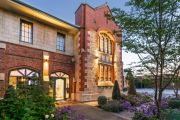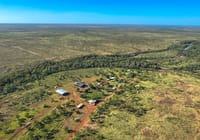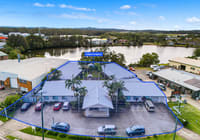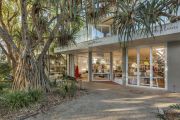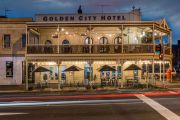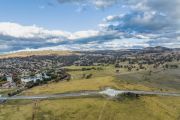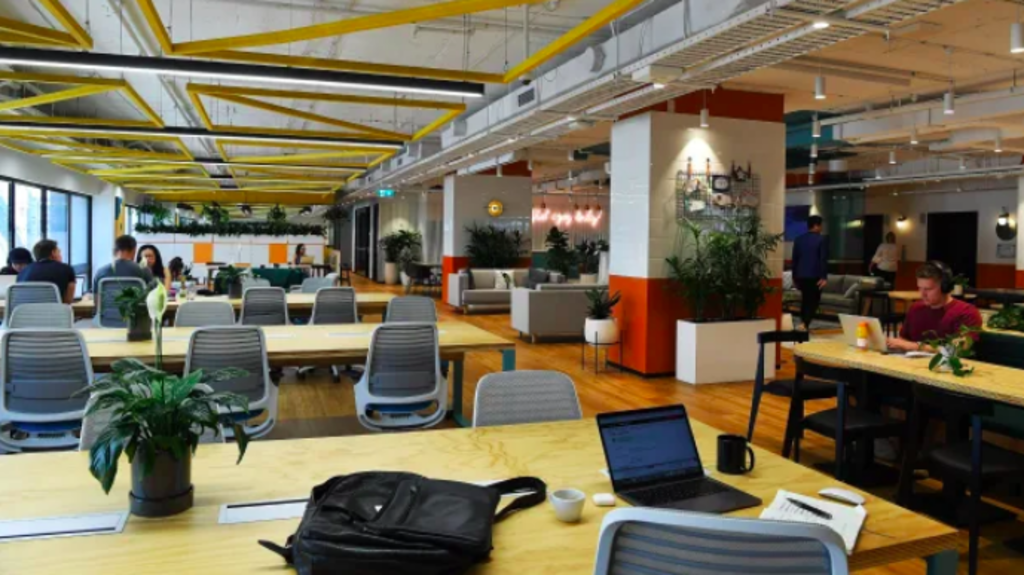
A co-working experiment: where will my start-up call home?
What’s all the fuss about co-working? It seems “office cubicles” with the classic single computer, dedicated phoneline and framed photos of loved ones are fast becoming a thing of the past.
Now, it’s all about snooker tables, collaborative spaces, shared meeting rooms and private phone booths.
Flexible leasing is the new black in office property and companies are jumping on the co-working bandwagon with many companies relocating their entire businesses to these funky new hubs.
Sydney real estate agency Laing+Simmons’ chief executive Leanne Pilkington says the business saved $130,000 a year when it moved its head office of 12 people from a long-term leased office to a JustCo private office at 175 Pitt Street in the Sydney CBD.
Singapore-based JustCo and its American counterpart WeWork are just a few of the new kids on the block swallowing up office space by the floors.
A few days before Christmas, I took a tour of Sydney’s latest co-working spaces trialling a few of the cool new desks in the CBD.
On a Monday morning, I walked up to JustCo’s Margaret Street hub and asked the receptionist if I could try out a desk for a few hours.
The coffee machine was already whirring in the open kitchen area while pairs of tech execs were huddled over tables in the reception/lobby/kitchen/lounge area.
“Sure thing,” says the lovely receptionist. “Welcome to JustCo, I’ll give you a tour.”
The traditional offices on the floor are still intact but they have been converted into mini-offices to house start-up businesses of two, three or 20 people. Dotted between offices are meeting rooms with retro furniture, cushions, and whiteboards.
I sat at a “hotdesking” table, shared with several other laptop-users.
At a monthly subscription of $350 (if I commit to a six-month contract), I can access the office 24/7. For $500 to $750 a month I can get a dedicated desk.
High-speed internet and a “cafe-style setting” are also included.
I pulled out my laptop and worked away. The chair was comfortably ergonomic and I didn’t feel disturbed or distracted despite having to share and with an overhead speaker playing background elevator music.
I was able to duck into a quiet corner a few times to talk privately, or loudly.
The latte from the kitchen coffee machine wasn’t too bad but there was no hot chocolate.
JustCo Margaret Street’s biggest drawcard is probably its access to a Woolworths Metro supermarket in the basement of the tower, where poor new entrepreneurs can buy cheap ready meals and groceries, or eat at the food court.
Nice hub, but I didn’t manage to hatch my next business idea with a fellow co-worker. Next time, maybe.
Next up, one of WeWork’s 10 co-working hubs. I chose the one at 333 George Street which was not only close to Wynyard station but newly refurbished by building landlord Charter Hall in 2016.
The building still smelt new.
The lifts opened at level 13 unveiling WeWork’s reception/lounge/kitchen space. The music – cool house – was noticeably louder than JustCo’s.
I walked up to reception, and as I waited my turn to speak to the cool dude with the t-shirt and iPad, I was mesmerised by the content on the TV bulletin board.
“Come for communal drinks level 13 on Dec 27,” one notice said.
There were also ads about WeWork members and their businesses as well as events and functions worth checking out.
The entertainment balcony was unmissable.
“Let me get you a host to show you around,” the cool dude at the desk said to me.
Another super chirpy dude from the “community team” took me for a walk around the hub, which was made up of five floors.
WeWork’s layout was a little different. There was a block of transparent offices in the middle of each floor so you either get the window or a glass wall.
In other words, everyone gets a view of some kind or no privacy at all, depending how you look at it.
“You can put up a cabinet here or turn your desk around if you don’t want someone looking over your shoulder,” the host told me.
Fair enough. Like JustCo, you can decorate your offices but not the co-working shared desks.
Meeting rooms are managed through an app and credit system. Once you run out of credits, which convert to hours, you will have to buy more.
But if you’re really tight, you can use the communal areas – available to members 24/7 – to meet your clients.
For $580 a month, I can get a hotdesk and all the building’s amenities. Mail handling costs more. Dedicated and private offices of all shapes and sizes are also available with prices starting at $1000 a month.
Downstairs there’s also a Woolworths metro supermarket.
With WeWork, I can work from another WeWork office in the Sydney network as long as I book it, the host tells me.
I set up my laptop in the hotdesking area, which felt a little too close to the kitchen. While the music was loud, there was a strong community buzz around the floor.
There were no beers when I was there but I got some complimentary chocolate croissants. There was definitely a “new-age office vibe”.
I left WeWork and tried to get a trial at Work Club hubs at Kent Street and Barrack Place, but neither was staffed or open to the public. Members could still get in, however.
A quick Google search revealed a little-known but rapidly growing hub called Workspace365. The Australian co-working brand was borne out of the merger of three work-space solutions groups, Ultimate Office Solutions in Sydney, CSBC in Melbourne and The Workstation in Brisbane, in 2018.
I strolled up up to its Clarence Street office and was greeted by professional receptionists reminiscent of the serviced office format.
I was also offered a tour, and maybe because it’s “newer” than JustCo or WeWork, it didn’t have quite that “buzzy” uber-millennial shared-space feel.
But its co-working space was private, quiet and newly refurbished. Tea and coffee were aplenty and there was also a balcony for alfresco get-togethers.
A shared space was about $700 a month but private offices could be rented from about $900.
The marketing manager took the time to ask me what I wanted to use the space for. A wild new property development idea, I said.
Once again, I didn’t brainstorm my next multimillion business idea with anyone there but it was Christmas, after all.
I left the best – or at least the best views – for last.
I got a friend to take me up to newly listed Victory Offices’ Barangaroo co-working hub at Tower Three. The company – which went public in June – has given the traditional serviced offices a facelift, although there was still a touch of that legacy lurking in its layout and format.
Then again, which serviced office has a football table, a sleeping pod and enough floor space to play cricket in?
The Barangaroo hub was as spacious as it was scenic. It had sensational views of the Sydney Harbour but alas, no teabags or a working coffee machine.
Again, I attributed that problem to the Christmas hangover.
I felt uber-productive in the well-laid out office, and punched out this piece with gusto even though it was Christmas Eve. I could see across the way other swanky offices in Barangaroo’s Tower 2 and the distant plains in Sydney’s west.
I have a sneaky feeling co-working or flexible working is here to stay.

